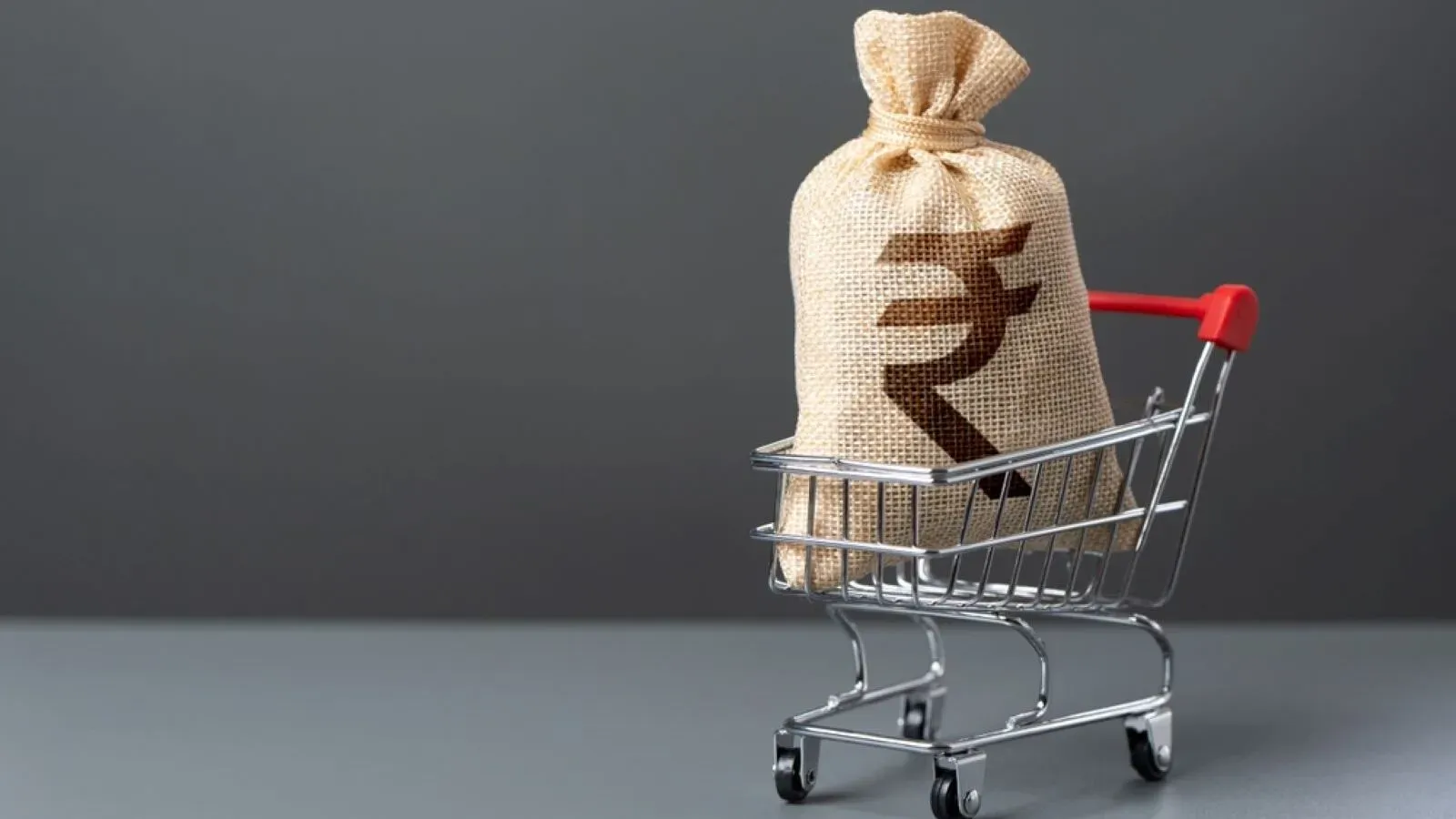Saving vs Investing: Which Is Better for Long-Term Wealth?
Written by Mariyam Sara
Published on October 31, 2025 | 3 min read

Our parents always advised us to save, it’s the way they bought their first house and created the wealth they have. However, today, wealth creation is no longer limited to savings, as the inflation rate continues to increase, eroding your purchasing power.
For long-term wealth, you need to combine both saving and investing to reach your financial goals.
Savings
Saving is the crucial step towards long-term wealth and acts as a safety net during financial crises and emergencies. We Indians are often advised to live frugally so we can save for a better tomorrow. But savings aren’t enough to create long-term wealth.
Most Indians have a savings account where they store their excess funds. A bank savings account provides 2-3% interest on the bank balance.
Advantages of Savings
No Liquidity issues
When you save your money at the bank or at home, you can withdraw the funds anytime, as it is already in cash form. You don’t have to deal with the hassle associated with illiquid assets.
No Risk
Both FDs and savings accounts hold a low to zero risk. You have peace of mind by knowing where your money is and that it’s safe there.
Suitable for Short-Term goals
Saving is suitable for people saving up for a special short-term goal, like buying the newest phone or for their wedding.
Disadvantages of Savings
Lowest Return
The interest earned on savings accounts is very little and can't possibly help you create long-term wealth.
Hidden Risk
Even if you store your money at the bank, it may not be as safe as you think it is. If the bank closes due to financial problems or experiences cyber theft, your whole account balance would be in danger.
In the event of a bank closing down, as per you will receive only ₹5 Lakhs even if your bank balance was way more than that.
Decreasing Value of Money
As inflation rises, it erodes the purchasing power of your money. For example, if today you can buy a packet of biscuits at ₹10, next year the price for the same will be ₹15.
Investments
Thanks to the government and the finance gurus, more young adults plan or have started investing in various assets. As Robert Kiyosaki persistently preached in his book, ‘Rich Dad Poor Dad,’ to make your money work for you.
Today, you can beat inflation by investing in different avenues like the stock market, bonds, and Mutual funds etc.
Investment Options
Stock Market
You can invest in the stock market by buying shares of a listed company with research and knowledge. You can find many courses that teach how to start trading & investing in the stock market to get fruitful returns.
Mutual Funds
If you lack the knowledge or the confidence to invest directly in the stock market, you can opt for Mutual funds. You can pick which mutual fund you wish to invest in by analyzing information like the risk involved and the returns earned disclosed by the AMC (Asset Management Company).
Bonds Market
When a company or government needs capital to fund its operation, it borrows money from the general public by issuing bonds. Most bonds carry an interest rate of up to 12%.
Advantages of Investing
Beats Inflation
Investing in financial securities helps you beat inflation by offering a higher return than the prevailing inflation rate. Check if the Mutual fund or the stock market Indices provide a return that not only keeps pace with inflation but also beats it.
Capital Appreciation
Investing offers capital appreciation, which would not be possible if your money were sitting in your bank.
Achieve Long-Term Goals
Whether you invest in intangible securities like shares or tangible ones like real estate, capital appreciation combined with high returns can aid in fulfilling long-term goals like children’s education, buying your own home, or having a worry-free retirement.
Disadvantages of Investing
Higher Risk Compared to Saving
Risk and reward work hand-in-hand. If you wish for higher returns, you should be able to bear the risk it carries.
Lower Liquidity
When you invest, your money is converted into an asset, hence, you may face some difficulty in selling these assets in times of crisis.
So, Should You Invest or Save?
The answer is: Both are crucial to building long-term wealth. Savings is the foundation for investing, because you can’t invest what you don’t have.
You need to plan your finances in a way where you divide your total savings in a way you have an emergency fund and invest the balance amount in options that align with your risk tolerance.
Savings and investments are essential for building long-term wealth and for your financial well-being. It is recommended to combine saving and investing for a balanced approach to achieve your financial goals.
About Author
Mariyam Sara
Sub-Editor
holds an MBA in Finance and is a true Finance Fanatic. She writes extensively on all things finance whether it’s stock trading, personal finance, or insurance, chances are she’s covered it. When she’s not writing, she’s busy pursuing NISM certifications, experimenting with new baking recipes.
Read more from MariyamUpstox is a leading Indian financial services company that offers online trading and investment services in stocks, commodities, currencies, mutual funds, and more. Founded in 2009 and headquartered in Mumbai, Upstox is backed by prominent investors including Ratan Tata, Tiger Global, and Kalaari Capital. It operates under RKSV Securities and is registered with SEBI, NSE, BSE, and other regulatory bodies, ensuring secure and compliant trading experiences.
























